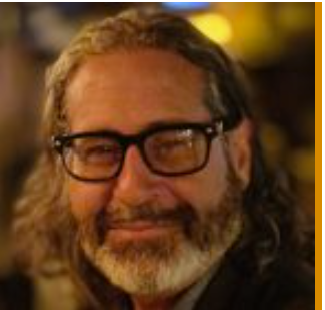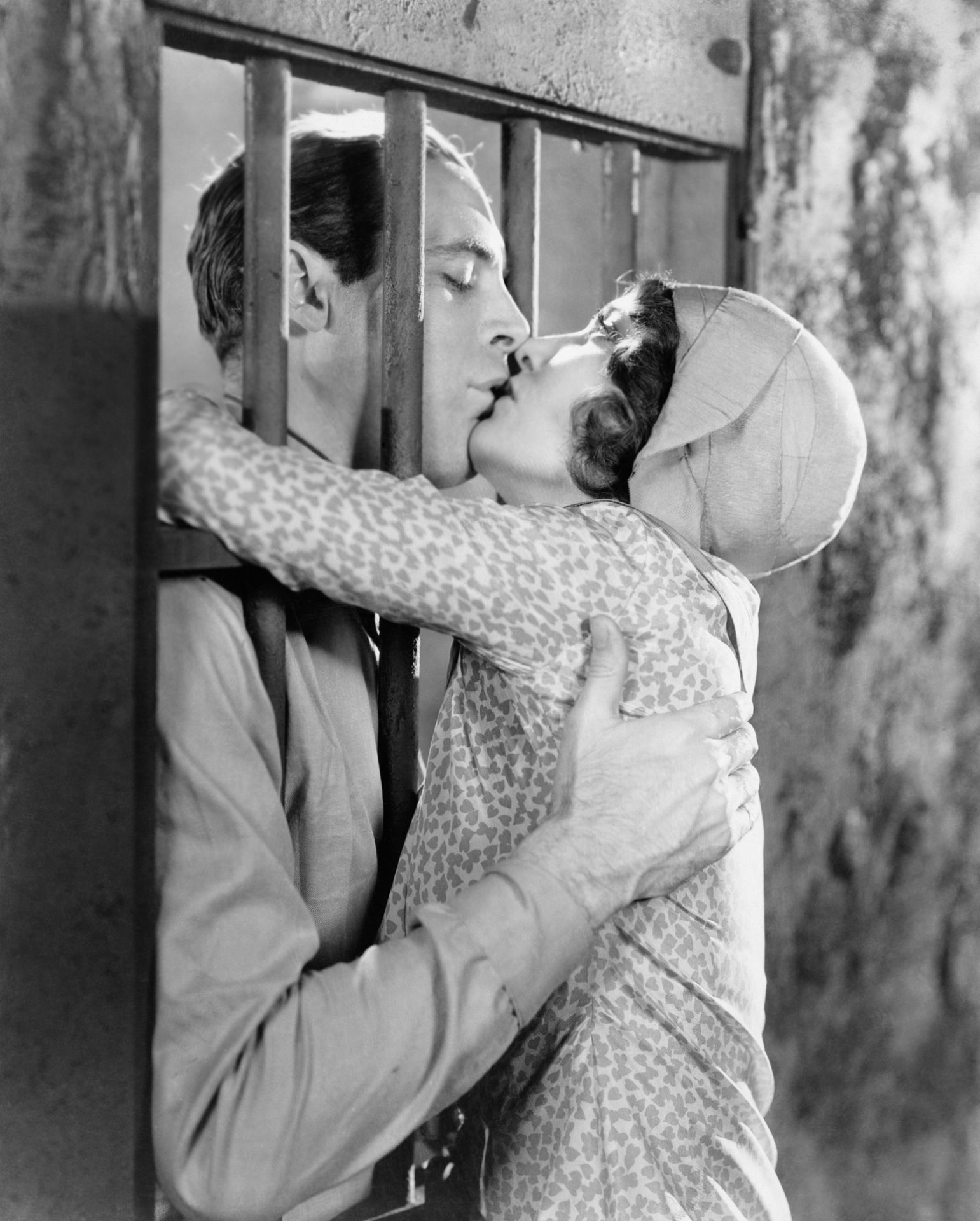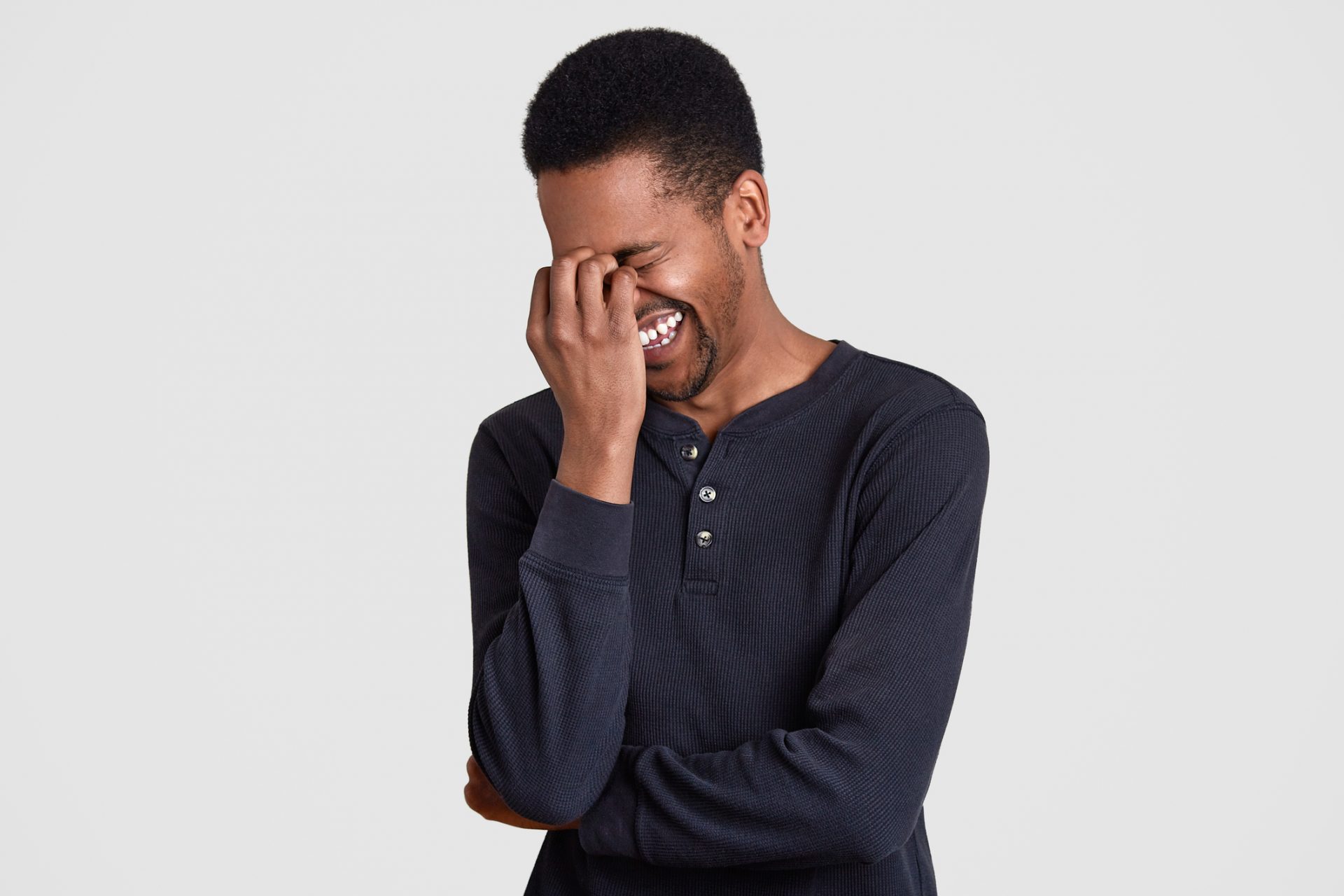Parenting Alone

Sad fact: wherever you find concentrations of young men, expect a small percentage of adult men of authority looking to peel off the weak and confused and gratify their demonic id. Tweet

Highlights
This story is as old as time, and no institution is free from it.
But it’s particularly bad when it’s done under the guise of moral instruction.
In this piece you’ll find out how to raise a kid that DOES NOT fit the Diddler Profile.
And how to Represent and Defend your Parental Duty.
Once upon a time, good parenting and its requirements were culturally shared and institutionally supported. Parents had the backing of every major institution of society. The American “Village” backed them up and did its part in helping them raise tomorrow’s men and women.
That web of civic institutions, along with its wisdom and habits of mind, heart, and body, is dead or dying. Many of these institutions still exist. Some continue to do good. But their numbers and sense of purpose and scale of public engagement are on the wane.
Robert Putnam’s aptly titled 2000 book, “Bowling Alone,” captured the death march of this once-vibrant web of association and its humanizing benefits. Today, nearly a quarter-century later, we are not only bowling alone but also parenting alone.
I grew up in a time when this network of civic associations was still working its magic on the boys-to-men pipeline. My parents passed their five sons off to bowling leagues, the Boy Scouts, religious instruction, and sports. The man I am today was shaped by this mutually re-enforcing web. All these places had a hand in making me better. What was taught in the home was supported and even deepened outside of it.
I can still repeat the Scouts oath: “On my honor I will do my best to do my duty to God and my country and to obey the Scout Law; to help other people at all times; to keep myself physically strong, mentally awake, and morally straight.”
Who would not want their son’s character defined by such virtues? The Scouts delivered such young men on a national scale. If you were a parent, looking for help in turning your inchoate boy into a good and functional man, you enlisted him in the Scouts.
Today, the Boy Scouts are a shell of their former self. They are a cultural ballast no longer.
Let’s examine a precipitating cause behind the demise of scouting and other character-building enterprises.
Sad fact: wherever you find concentrations of young men, expect a small percentage of adult men of authority looking to peel off the weak and confused and gratify their demonic id.
This story is as old as time, and no institution is free from it. But it’s particularly bad when it’s done under the guise of moral instruction. Unlike secular institutions, where trust is lower to begin with, when the Boy Scouts and the Church falter, they plummet and don’t easily recover.
As a former scout and product of an all-boys Catholic school, I can say that I made it through these once-great and now-sullied institutions not just unscathed but notably improved. I wasn’t passionate about either one when I was involved, but the benefits of both were real.
That said, I was not surprised, decades later, to find out that Brother Vinny, a teacher from my Catholic high school, made it onto the Diddler List. The Brother would have set off anyone’s Gaydar.
My thoughts on him were as follows. I intuitively knew that being gay did not make one a sexual predator of underage males. And while the Brother might be sexually inclined to men, he also had taken a vow of celibacy. A man having a relationship with a boy under his charge is immoral and illegal. Such men even disgust murderers and run-of-the-mill crooks, and they don’t last long in jail. I thought that our Dean of Discipline, a former Marine who vigilantly kept his eye on me and my own troublemaking, would keep an eye on the Brother. Still, my instinct told me that joining the wrestling team or the theater, activities conducted under Bro. Vinny’s supervision, might not be wise. Revealing, no?
My father was a cop and worldly. He told us what to watch out for and was attentive to the vibe his sons sent back. We never sent a “victim” or “confused” vibe. We walked with our heads up and shoulders back. We were respectful of authority but not slavish to it. We neither bent over backward or forward to please those in authority. If any person stepped outside the purpose of his legitimate authority, we were raised to push back verbally, physically, and institutionally. Such young men just don’t fit the Diddler profile.
My read is that Jesus was not a forgiving fellow to child molesters. Particularly, when heinous acts are done in an institution that bears his name and carries his purpose.
When Brother Vinny’s escapades became public, I was married, with two kids. The monsignor of my parish did as he was obligated to do and addressed what the Church had been hiding for years. He did this poorly, however, and most likely under guidance from his superiors.
He did say that what these priests did was a most grievous sin, and that it would surely harm the Church mortally. He also stated, as I did above, that acts of child molestation are found in all institutions. He took care to report that the crime rates of priests were in line with those found in education and psychiatry—a subtle way of saying that our kids were just as likely to get raped in the confessional as they were in a public school or on a shrink’s couch. Not exactly reassuring. And not impressive.
He lost me, as he did most others who expected a far stouter response to such evil.
Instead of saying, “We failed God, you, and your children,” and that he and the Church would put a stop to it, now, he temporized. He asked the faithful not to overreact, not to demand a legal pound of flesh from these rapists with Roman collars. He reminded us that as Christians, we must turn the other cheek and pray for the sinner’s redemption.
After the mass was over, I walked over to him and said: Father, after hearing your sermon, I realize that you are the problem. I need you to know, Father, that your authority over me does not reside in your person or in your soft-on-crime political philosophy that you just peddled up there, but in that book, the Bible. When you step outside of that book, as you did today, you are just a man preaching a mindset that enables such heinous acts.
When it was time to find a guiding truth for this occasion in the Bible, you chose poorly. Yes, Jesus calls on us to forgive, and not to return harm with harm. But he also said, if anyone harms one of my children, better for him to have a millstone around his neck and be dropped into the sea. As Christians, we need to be attentive to both instructions. What these priests did and the Church’s cover-up of their deeds are millstone-worthy offenses. My read is that Jesus was not a forgiving fellow to child molesters. Particularly, when heinous acts are done in an institution that bears his name and carries his purpose.
One of the things that most attracted me to Christianity was its constant warnings of the crooked timber of Jesus’s disciples.
Nearby stood another priest, one exuding the Brother Vinny vibe. I pointed at him and said, based on what I have heard from you, I don’t have the faith that you will keep an eye on this shepherd that helps tend your flock. I don’t know if he is a problem. But I know you are.
I’m going to keep coming to this Church and my son is going to come to this school. I’m staying put and keeping an eye on you both. And know this: if anything happens to my son, or any kid here, I will be your millstone, one wielding a baseball bat.
Walking away, I knew that he knew that I meant it.
I could have let my righteous indignation at bad actors and terrible leadership separate me from what I love and wanted my kids to share in. Instead, I spoke truth to power, made clear the consequences if anyone hurt mine or any others, and stayed put and vigilant.
For the un-Churched and non-Scouted: you will find nothing in the Boy Scout handbook or the Bible that justifies these crimes. On the contrary, you will find clear and numerous warnings of evils attendant to our human nature and our human institutions.
One of the things that most attracted me to Christianity was its constant warnings of the crooked timber of Jesus’s disciples. Peter, “the rock” on which the Church was to be built, turns to sand and denies Jesus three times to save his skin. Judas sells the Messiah out to his persecutors for some silver and does so with a kiss to his cheek. Doubting Thomas would not believe the testimony of fellow disciples on Jesus’s resurrection, unless he saw him with his own eyes and put his fingers in his wounds. And Jesus said more than once to the lot of them, “Get behind me, Satan.”
If this is not a warning label for the faithful, nothing is. And what goes for the Church goes for all institutions. If you think public schools are immune to attracting the molesting kind, you need to wake up. The understanding of human sexuality that is being taught in third-grade classrooms today has the nihilistic fingerprints of the Diddler over it. Beware of any institution that believes your kids are its own and that preaches from the new Gospel of Man.
I am entrusting my kid into your care and for a defined purpose. I expect you to stay focused on that purpose. What falls outside of it is my responsibility, not yours.
With eyes wide open, I raised my kids in the faith and enrolled my son in the Scouts. I’m happy to report that neither was harmed and both noticeably improved. I also sent my kids to a tony, progressive public school. They emerged notably improved from there as well.
Here is the secret of success to navigating imperfect institutions.
We always made it a habit to tell our kids the “why” behind where we were sending them. We shared our intentions and the expected outcomes of enrolling them in school, scouts, CCD, Kumon, karate, sports, etc.
More importantly, we instructed them how to act when there. When under someone else’s or some institution’s care, they were expected to respect and listen to those in charge—but not blindly. If the leaders say, do, or ask for anything self-evidently outside of their charge or purpose, or outside of your family’s conception of right and wrong, they were told to excuse themselves and leave. Their parents would handle the follow up.
I also made a habit of introducing myself personally to those whom I trusted with my kids’ mental, moral, and physical development.
If my kids were in your care, you got a version of this:
I am entrusting my kid into your care and for a defined purpose. I expect you to stay focused on that purpose. What falls outside of it is my responsibility, not yours.
You have a hard job, and my kid is not perfect. No kid—or teacher—is. If he or she poses a challenge to you doing your job or not acting as a good example to my family’s name, call me and I will address it.
Please don’t take the following the wrong way: if, under your care and responsibility, any harm befalls my kids, I will respond mightily, intelligently, and without remorse. This is not a threat. Only my parental pledge and responsibility.
What would the world be like if all parents spoke this way to the institutions of mental and moral instruction that they entrust their kids—and our future—to? We would have more focus on what matters—why the kid is actually there, at the given activity—and fewer problems.
Changing our culture, particularly one as troubled as our own, is not going to happen in time for your own kids. But educating your kids to the “why” behind institutions in whose care you have put them, the limits of those institutions’ authority, and how to react when these institutions fail or behave badly is well within your competency. In fact, it is your responsibility.
This is the key to navigating our Parenting Alone culture.
More From Guy Shepherd
















